Climate Museum UK
Helping people make sense of the Earth crisis
Climate Museum UK is a group of artists and educators who help people make sense of environmental issues and histories through creative conversations.
Putting the Earth crisis in a context of history,
to imagine possible futures
About Us
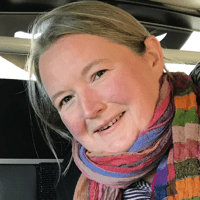
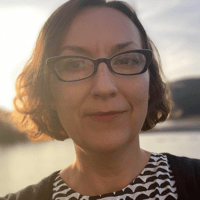
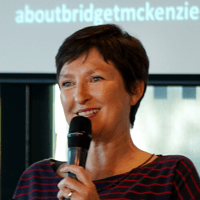
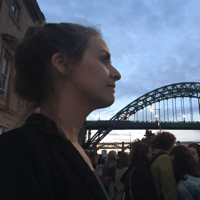
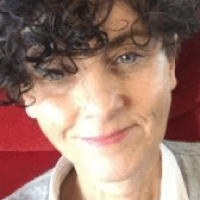
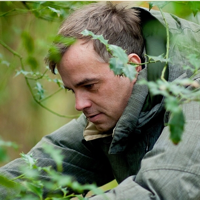

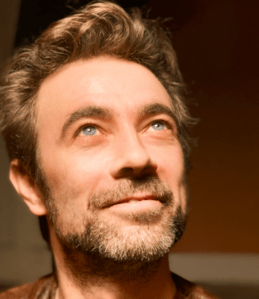
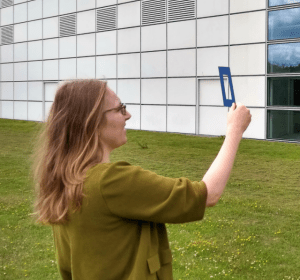
We explore new methods and build skills to engage people with the Earth crisis.
We run pop-ups and workshops in museums and community spaces across the UK. Using art, stories and heritage sites, we help people know what they can do. Our main principle is being Possitopian, inspiring people to widen their imagination to positive possibilities whilst raising awareness of science and the challenges ahead.
We have a national reputation as thoughtful experts and creatives in this field. With this expertise, we run training, bringing people together across different disciplines.
Training and Resources
What We Offer and Why
We exist to tackle…
- The Earth Crisis and its impacts on culture and society
- The need for agency and resilience in local communities
- A lack of creative and cultural training in public engagement in environmental issues.
How we tackle them . . .
- For public audiences
Pop-up installations, workshops and projects with schools and community groups. We test out new approaches to working with people, using art-making, walks, games, role-play, printables, conversation card sets, narrative experiences and more.
- For professionals in arts, heritage and education
Training workshops, analytical frameworks, resources and research partnerships.
- A digital collection
Learning resources and story collections from our projects and community participation.
Join Us
We enable voice, skills & work opportunities in public engagement with environmental issues. To join us as member or partner, see here.